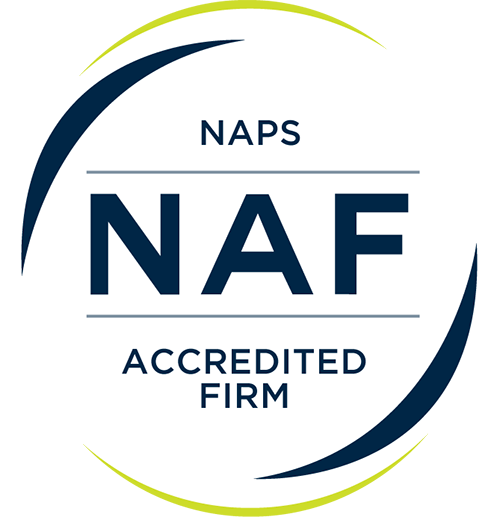Continental Search presents an article on How to Write a Cover Letter
Your Cover Letter and You
(By Don Hunter in the Animal Science Monitor February 13, 2008)
Chances are good that you’ve written scores of cover letters during your career. Have you ever wondered while you were writing them, “Am I even doing this right?”
Advice regarding the writing of cover letters is plentiful, and many different theories abound, some of which are similar in nature. With this article, I’d like to stress that there are two overriding factors when it comes to constructing an effective cover letter: 1.) What it Looks Like 2.) What it Does.
What it looks like helps to draw the reader in and hold their attention. What it does involves how it spurs the reader to think, and ultimately, to act. After all, you’d like them to think positively of the letter and to contact you, not lose interest while they read it and then promptly pitch it.
Your letter’s presentation
As the saying goes, “You never get a second chance to make a first impression,” and what the hiring manager sees when they pull out your resume leaves an immediate imprint on them. That’s why the presentation of your cover letter—not to mention your resume—should be of the highest standards possible. In particular, you should focus on the following two points:
- Use appropriate material—I’m talking about the use of professional stationary and envelopes, in addition to a quality printer. (Yes, the stationary and envelopes should match.) In addition, stay away from abbreviations whenever possible, and use a standard letter format in
order to complete your presentation. - No errors—This is a point that can’t be over-emphasized. What good is a quality appearance if you misspell words and commit grammatical miscues? Have multiple people read over the letter for content, punctuation, and grammar. Even one mistake could be costly.
Your letter’s execution
Okay, so you have the presentation covered, but what about execution? Will your cover letter prompt the person who reads it to act in the manner in which you’d like them to? Your letter should adhere to the following points:
Address an actual person—Stay away from “To Whom It May Concern.” With a little sleuthing, you should be able to discover the name and title of the decision-maker who will ultimately be reading your letter.
- Every letter different—While you’re sleuthing, find out about the company, as well. This will enable you to customize the cover letter in such a way as to convey your understanding of the company and what it does. Don’t utilize a form letter or “broadcast letter.” These have a less genuine feel to them.
- The rules of engagement—In short, get to the point. If you’ve had prior contact with them, be sure to mention it. Explain the reason for your correspondence, and make specific reference to the position that interests you.
- Tailor yourself—Since you’ve done your homework, you know something about the company and the position for which you’d like to apply. Consequently, you can mention prior experience that illustrates your fit for the job, including ways in which you helped your previous employers.
- Finish strong—In sales, the salesman is always taught to ask for the sale. So what should you ask for in your cover letter? An interview, that’s what. Finish the letter on an upbeat, positive note, and indicate that you’ll be contacting them in the near future.
Your letter’s impact
By paying close attention to both your cover letter’s presentation and execution, you can better maximize the impact it has on the reader. If you neglect one of these two areas, you could inadvertently sabotage your efforts. Consider your cover letter as your “hook.” After reading it, the hiring manager should be intrigued and want to know more about you.
However, if your letter looks and sounds like the hundreds of other cover letters they’ve read during their career, then the only impact created will be that of your letter hitting the bottom of the trashcan.
If you have any questions about this topic, please send me an email at dan@consearch.com. And if you’re currently engaged in a job search or are interested in advancing the scope of your career, be sure to send me your resume. I’d be happy to discuss your career goals and ambitions, including ways in which I can help you to achieve them. Any exchange of information, including resumes, will be kept in total confidence and handled in a discreet fashion.







